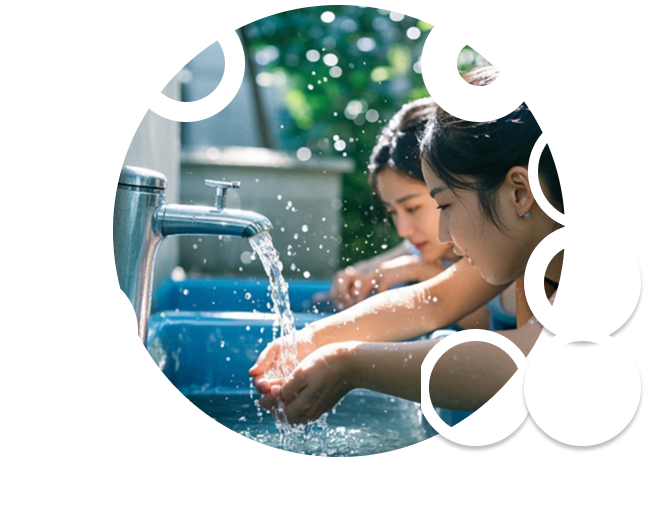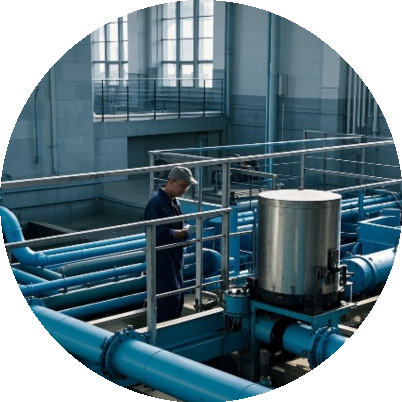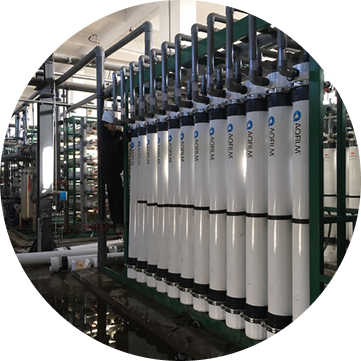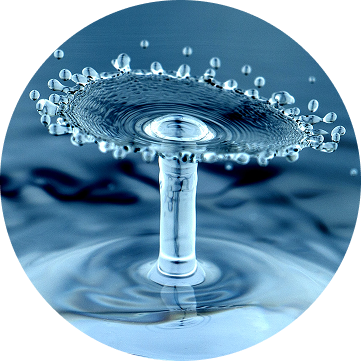Tap Water Project in a County of Shandong Province



The project employs the Canadian DAGUA process, which utilizes minimal or no chemical additives to deliver original-ecology, healthy, and safe drinking water treatment. This approach truly ensures a non-toxic and harmless treatment process, with the effluent meeting direct drinking water standards.The Canadian DAGUA process relies on micro-bubble ozone + oxidation-resistant ultrafiltration membranes as its core. This imposes strict performance requirements on the supporting ultrafiltration membranes: the water entering the membranes contains an ozone concentration of 0.3–0.5 mg/L. Conventional ultrafiltration membranes are prone to oxidation and degradation at this ozone concentration, with a service life of less than 2 years.
Adoption of TIPS Oxidation-Resistant Ultrafiltration Membrane AFP-H8080-DG
The selected oxidation-resistant AFP-H8080-DG membrane is specifically designed to meet the rigorous demands of the Canadian DAGUA process, which requires ultrafiltration membranes with exceptional oxidation resistance. AQFILM has developed this product using its proprietary "TIPS + α-crystal phase modulation" core membrane-forming technology, enabling precise control over material properties. This innovation delivers outstanding oxidation resistance, ensuring the membrane remains intact even under prolonged exposure to low-concentration ozone environments.Through the perfect integration of the product and process, a new short-flow, non-toxic, and harmless tap water production process has been realized. Another notable feature of this project is that the water source is groundwater with an annual temperature below 10°C (around 2–3°C in winter). At low temperatures, the viscosity of water increases, significantly raising transmembrane resistance. AQFILM's ultrafiltration membrane addresses this challenge through precise formula adjustments: while enhancing oxidation resistance, it increases the membrane's water production flux by raising the surface porosity to over 70%, ensuring stable water production even under low-temperature conditions.


The AFP-H8080 oxidation-resistant module, integrated with the Canadian DAGUA process, has operated continuously and stably for 4 years under conditions of 0.3–0.5 mg/L ozone concentration in the ultrafiltration influent, with a filament breakage rate of <0.1%. The project's advanced no-chemical ultrafiltration maintenance and cleaning system not only saves operational costs for chemical reagents but also significantly enhances drinking water quality safety, achieving reliable and secure municipal water supply.